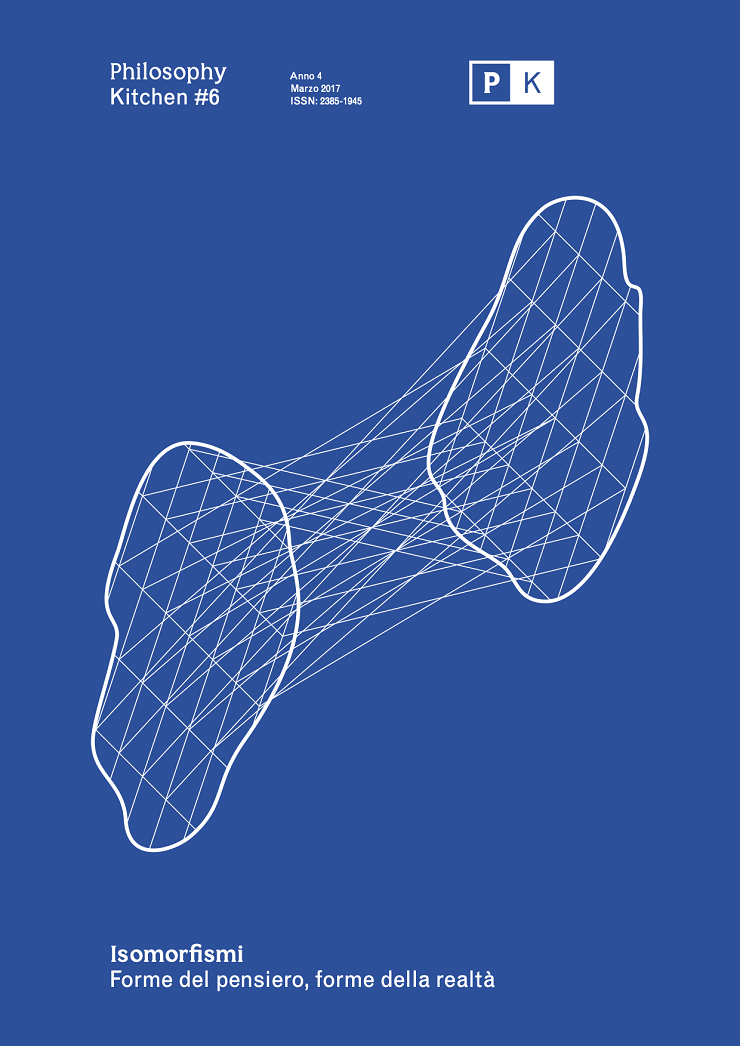The Constitutive Gap of Being. An Immanentist Hypothesis. Study on the Implications of Structuralism in a Transcendental Perspective
DOI:
https://doi.org/10.13135/2385-1945/3850Abstract
The following article introduces the themes of structuralism, by developing the subject in a transcendental key. These contents mainly draw on Gilles Deleuze’s studies and Jean Petitot- Cocorda’s ones, which focuses on the application of the Catastrophe Theory to the human sciences trying to define a “physics of the sense”.However, unlike any metaphysics of identity, structuralism is based on the ontological primacy of the difference. For this reason, the transcendental a priori researched in the structuralist field, can be determined as a variance, as an instance always in excess but also always in defect, as well as an instance always different from itself. After an introduction of the matter in a transcendental perspective, the first paragraph will analyze the various elements that marks the structural objectivity, whereas the second one will define the transcendental instance and its importance in this objectivity. The third and last paragraph will suggest a theory founded on a metaphysics of the immanence, thanks to which reread the previous statements, even attempting to give an answer to the question: “Why we give isomorphism between Forms of Reality and Forms of Thinking?”.





